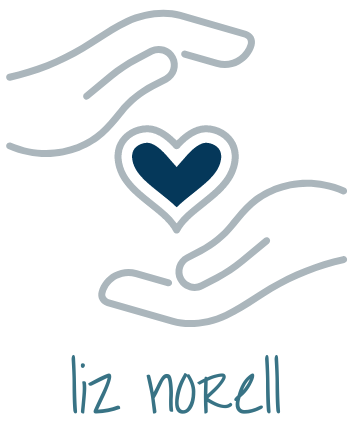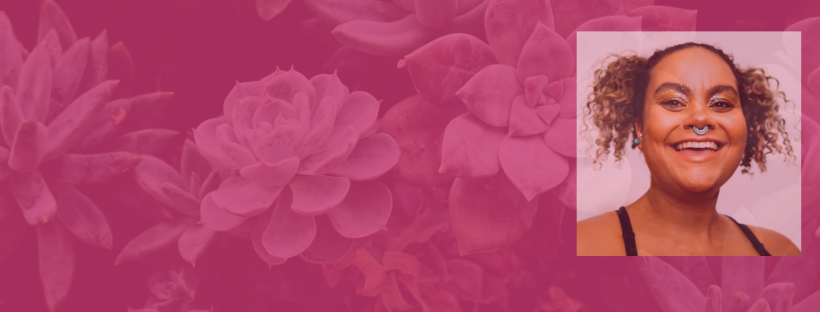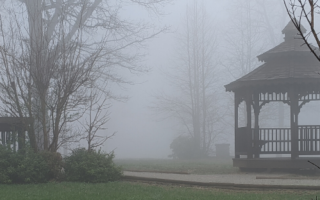This morning, I finished reading adrienne maree brown‘s short book, We Will Not Cancel Us: And Other Dreams of Transformative Justice. I needed to read this book–and, probably, you do, too. brown’s central thesis is that progress does not happen when we are constantly engaging in call-out culture.
brown is focused on the behavior of those engaged in movement politics — social movememts, that is, the stuff that my old friend TJ DeMar used to tell me in the most emphatic terms were the true change agents of the world. TJ left this world at the far-too-young age of 43, but his impact on me has been lasting and meaningful. Reading brown’s book was like hopping in a time machine back to 2010, when TJ and I were having long phone conversations well into the night about how to create a more just world. brown is doing the same work — TJ would’ve loved her writing and thinking and work.
In my teaching, I’m so often trying to focus my students and myself on the need to lead with curiosity and compassion. Lots of people do lots of less-than-great things, but they do those things for a reason. Very, very few people are actual sociopaths. Everyone else is doing the best they can, often in imperfect (read: entirely human) ways and with less-than-great results.
brown provides a different lens on these fundamental truths. Her language echoes things I say all the time, but she puts it so much more eloquently and urgent than I’ve ever managed. Below are a few quotes that I wanted to capture, to share, to save, to come back to later.
“The first and biggest thing is that call outs never feel powerful to me as a move to resolve conflict, especially when that conflict is unveiled without the consent of both or all parties in the dispute. Call outs don’t work for addressing misunderstandings, issuing critiques, or resolving contradiction,” she writes (p. 46).
She continues: “I want us to see individual acts of harm as symptoms of systemic harm, and to do what we can do collectively to dismantle the systems and get as many of us free as possible” (p. 52).
Three sentences. In just those three sentences, brown summarizes my organizing philosophy in teaching college students why our culture of political division, vitriolic debates, and hateful rhetoric fails to do anything more than harm us all more; as she writes earlier, “Under our blustering exceptional patriotism, our nation has a tendency towards its own destruction” (p. 37).
Profoundly important is brown’s observation that engaging in call-out culture actively harms us. She asks, “I can’t help but wonder who benefits from movements that engage in public infighting, blame, shame, and knee-jerk call outs? I can’t help but see the state grinning, gathering all the data it needs, watching us weaken ourselves. Meanwhile, the conflicts are unresolved, and/or harm continues” (p. 54).
The saying goes that hurt people … hurt people. brown writes, “It doesn’t make sense to say ‘believe all survivors’ if we don’t also remember that most of us are survivors, which includes most people who cause harm” (p. 55).
When we engage in call outs, “We become the toxicity we long to heal” (p. 58). Later: “Destroying a person doesn’t destroy all of the systems that allow harmful people to do harm. These takedowns make it seem as if massive problems are determined at an individual level, as if these individuals set a course as children to become abusers, misogynists, racists, liars” (p. 68). But they aren’t and they don’t.
Read her book. It’s short but eloquent. I’ve got two more of her works that I’ll be reading in the weeks ahead and can’t wait to see what more I will learn from this gorgeous, insightful, compassionate woman, writer, leader.



